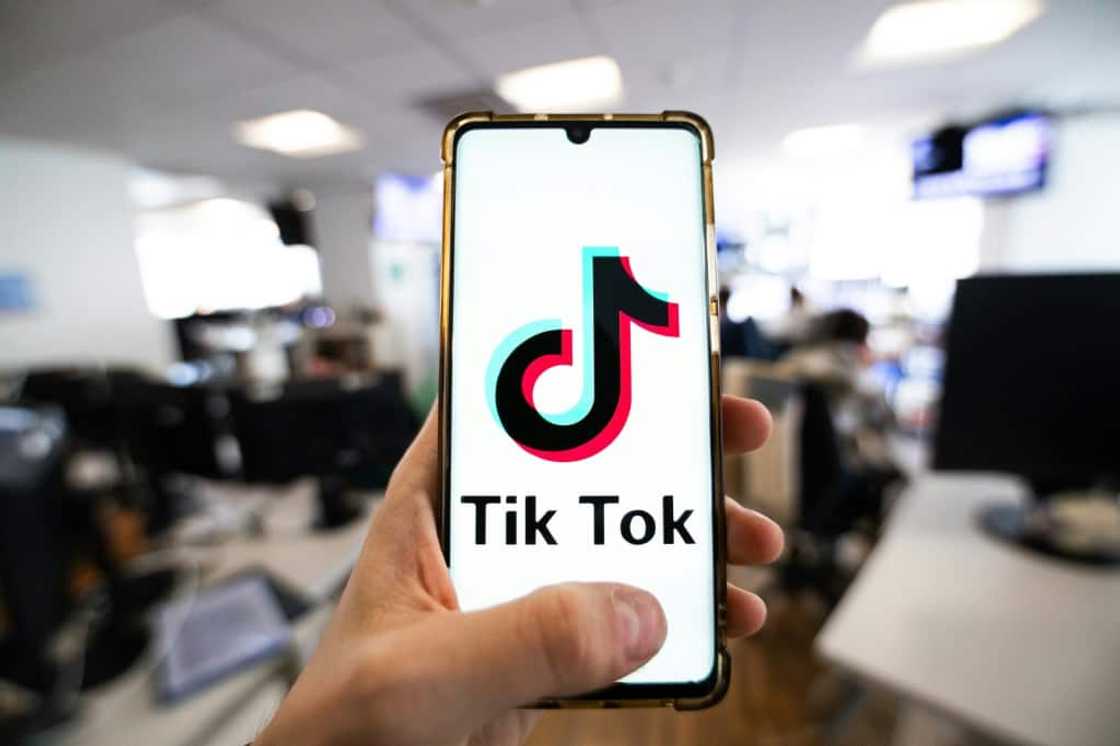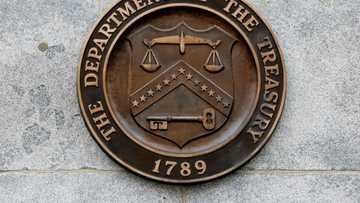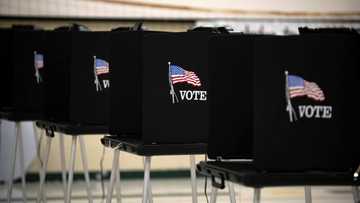TikTok challenges potential US ban in court

Source: AFP
TikTok and its Chinese parent company ByteDance filed a legal challenge against the United States on Tuesday, taking aim at a law that would force the app to be sold or face a US ban.
This comes around two weeks after President Joe Biden signed a bill giving TikTok 270 days to find a non-Chinese buyer or face a ban in the country.
The video-sharing platform argues that this was unconstitutional.
"For the first time in history, Congress has enacted a law that subjects a single, named speech platform to a permanent, nationwide ban, and bars every American from participating in a unique online community with more than one billion people worldwide," said the suit by TikTok and ByteDance.
The suit, filed at a federal court in Washington, argued that the move violates the First Amendment, charging that "Congress has made a law curtailing massive amounts of protected speech."
It also said the divestiture demanded in order for TikTok to keep running in the United States is "simply not possible" -- and not on the timeline required.
The White House can extend the 270-day deadline once, by 90 days. During this period, the app would continue to operate for its roughly 170 million US users.
'Shutdown TikTok'
ByteDance has said it has no plans to sell TikTok, leaving the lawsuit, which will likely go to the US Supreme Court, as its only option to avoid a ban.
"There is no question: the Act will force a shutdown of TikTok by January 19, 2025," the lawsuit said, "silencing (those) who use the platform to communicate in ways that cannot be replicated elsewhere."
TikTok first found itself in the crosshairs of former president Donald Trump's administration, which tried unsuccessfully to ban it.
That effort got bogged down in the courts when a federal judge temporarily blocked Trump's attempt, saying the reasons for banning the app were likely overstated and that free speech rights were in jeopardy.
The new effort signed by Biden was designed to overcome the same legal headaches and some experts believe the US Supreme Court could be open to allowing national security considerations to outweigh free speech protection.
"TikTok has prevailed in its previous First Amendment challenges, but the bipartisan nature of this federal law may make judges more likely to defer" to Congress and arguments over national security, said Gautam Hans, professor of law at Cornell University.
"Without public discussion of what exactly the risks are, however, it’s difficult to determine why the courts should validate such an unprecedented law," Hans added.
The United States has strict limits on foreign ownership of broadcast media, but authorities have until now left internet platforms largely untouched.
TikTok had taken a series of measures to assuage concerns that the data of US users was unprotected, but the lawsuit said those efforts were ignored by the government.
There are serious doubts that any buyer could emerge to purchase TikTok even if ByteDance would agree to the request.
Big tech's usual suspects, such as Meta or YouTube’s Google, will likely be barred from snapping up TikTok over antitrust concerns, and others could not afford one of the world's most successful apps for a key demographic.
There are also doubts that the company would ever give up the secrets of its algorithm that saw TikTok become a cultural juggernaut, rivaling YouTube and Instagram for the attention of young people.
PAY ATTENTION: Сheck out news that is picked exactly for YOU - click on “Recommended for you” and enjoy!
Source: AFP




